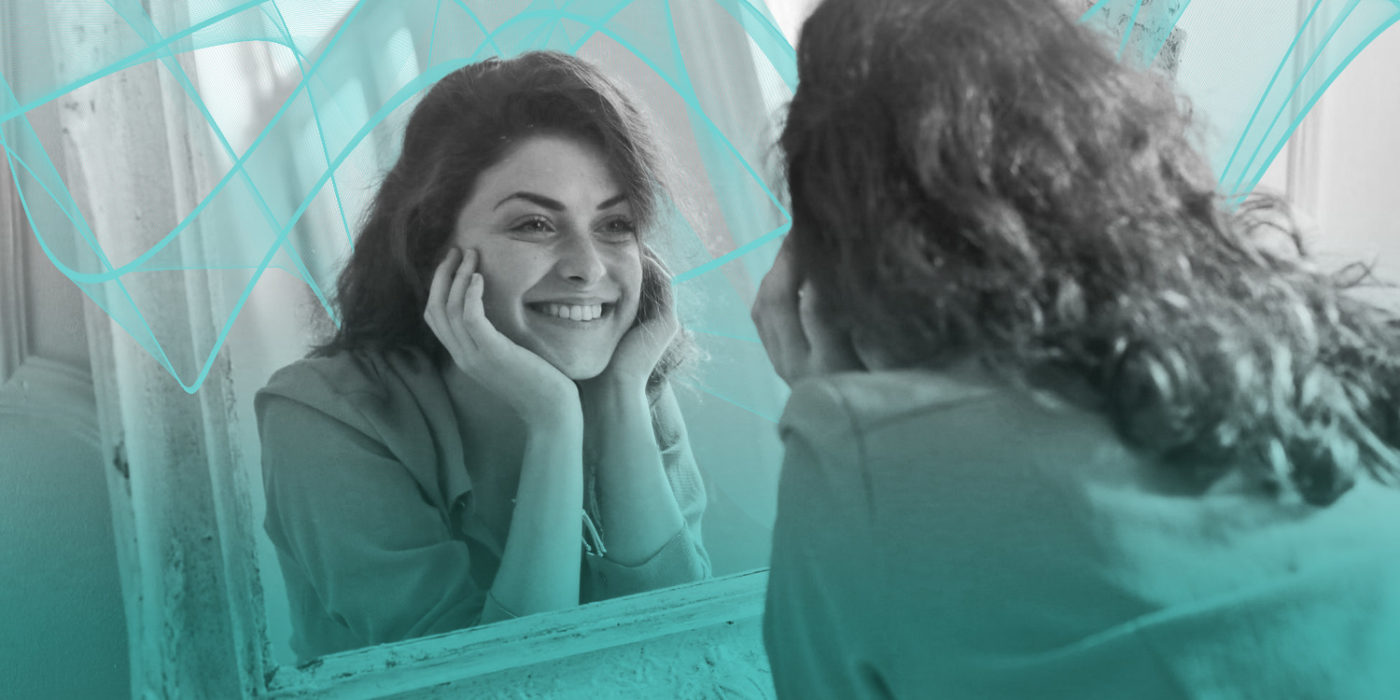A Guide to Overcome Alcohol Addiction
Today more than ever, people are chasing their next “high”. The high of a promotion, a social media like a new relationship, or a shiny new car. We’re all searching for an escape, for some way to drown out the doubt, stress, anxiety, and other tough emotions. But sometimes, the ways in which we achieve those “highs” aren’t healthy; sometimes they cross over into addiction.
Addiction is tricky because it can occur with anything. You can become addicted to alcohol, drugs, social media, video games, pornography, sugar, and anything else that makes you feel good. So how can you tell when alcohol consumption, for example, is a problem? When does feeling good cross over into addiction? The Addiction Specialists at Fitcy Health are here to help you navigate the tricky world of addiction and break your chains to external substances. Remember, they don’t control your happiness - you do.
How does addiction work?
Addiction is the brain’s reliance on an external source to create dopamine. Dopamine is a chemical that sends our brains and bodies happy signals. Typically, the brain produces its own dopamine, and the more it produces the happier we feel. Certain external factors can speed up the brain’s dopamine production or even bring in outside dopamine of its own (in the case of drugs and alcohol). When this happens, the brain becomes reliant on that external factor to give it dopamine, and it stops creating dopamine on its own. That is when addiction begins- it is our brain craving dopamine (the feel-good signal) from an outside source. But dopamine not only contributes to pleasure, but also plays a key role in learning and memory as the interaction between dopamine and glutamate creates the motivation to seek out the source of pleasure. This results in a learned behaviour that would be difficult to change.Addiction is a slippery slope because of how good it feels. When you’re in the midst of addiction, it can feel impossible to stop. This makes sense, your brain is literally working against you! So, remember, you are never weak for struggling with alcohol addiction, social media addiction, video game addiction, or any other form of addiction. With the right treatment, addiction is curable.
What are the symptoms of Addiction?
Our Online Addiction Therapists can give you the tools and support you need to find freedom today. Still, wondering if you need addiction therapy? We understand! It can be hard to admit you’re addicted to a substance or activity.
Fitcy Health online therapy is 100% judgment-free. Our job is to create a safe place for you to heal and grow. So, if you recognize one more of these addiction symptoms in yourself or a loved one, reach out. Help is available. Addiction recovery is possible.
- Cravings for the drug/alcohol/activity continue throughout the day
Unsustainable or reckless spending patterns; financial strains
- Addiction withdrawal symptoms- headache, anxiety, inability to sleep or oversleeping, muscle aches
- Changes in social patterns or groups
- Lying or being secretive
- Unable to feel happy or safe without a drug or alcohol high
- Mood changes
- Depression
- Anxiety
- Insomnia
- Physical health problems such as cancer, heart disease, or skin disease
Addiction can be a lonely journey. It can feel like you’re pushing away loved ones even when you don’t want to. Our therapists understand. We will be in your corner as you fight addiction. Together, we can set you on the path of happiness and health, absent of alcohol or other substances. You deserve a life free from the confines of addiction.
Can Addiction Be Treated? What are the steps to overcoming addiction?
Yes! There is an overwhelming amount of evidence that says addiction can be treated and even cured. When you meet with a Fitcy Health addiction specialist, they will walk you through the steps to recovery. While the most successful recovery option is to see a specialist, some of these steps you can begin implementing in your life today:
- Address the root need or desire behind using drugs.
- Identify and build a support system.
- Connect to your passions, goals, and reasons for quitting drugs.
- Find healthy coping mechanisms or alternative behavior to drug use.
- Work through any co-morbid anxiety, depression, anger, trauma, or other mental health concerns that might come with substance abuse.
- Create a future plan that excites and motivates you.
Addiction is complex and chronic and not just about reliance on a substance. It is also about the interactions between biological factors, genetics, epigenetics and the environment. Therefore, complete
treatment of it requires a trained professional. Fitcy Health Addiction therapists have years of experience helping people through addiction. They are excited to meet you and begin your journey of recovery today.
If you are struggling with addiction, don’t wait to get help. Addiction is a mental illness that can get worse if it goes untreated. Untreated addiction can lead to:
- Damage to major organs
- Damage to impulse control, future planning, and other thought processes
- Greater chances for relapses (returning to the addiction)
Other mental illnesses such as depression, anxiety, and trauma.
- Strained and broken relationships
That can sound like a scary list but remember- it doesn’t have to be your future. Every year, thousands of people overcome their addictions and are living healthier, happier lives because of it. Addiction whispers the lies that you need it and that you won’t be happy unless you have it. But true happiness and fulfilment are found outside of addiction in your own strength, worth, and actions. Take the steps to freedom today and schedule your initial free consultation with Fitcy Health
here.



 Let me support you in finding what’s going to keep you going on your journey!
Let me support you in finding what’s going to keep you going on your journey!